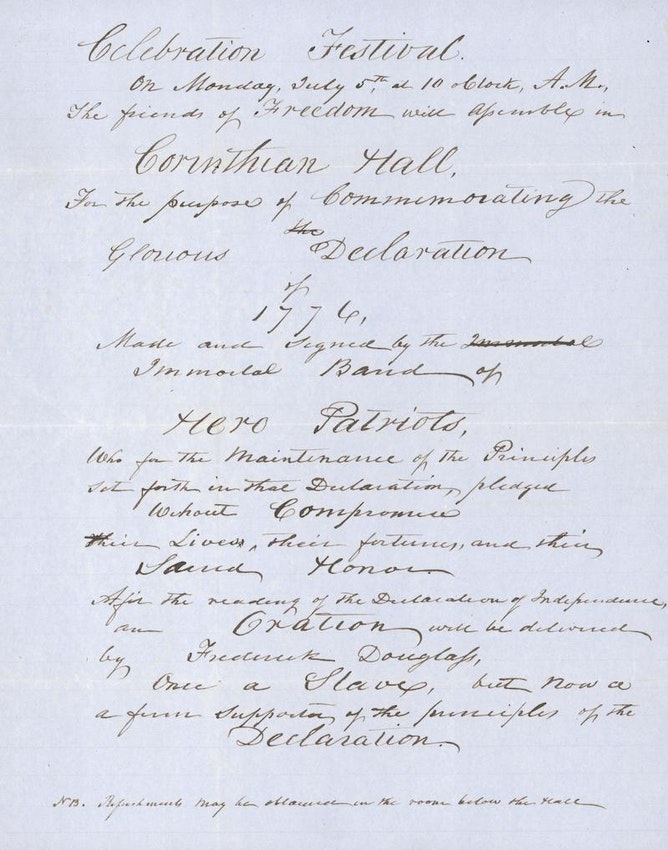
Allan Pinkerton was born #OTD in 1819 in Glasgow, Scotland. He headed the Union Intelligence Service during the Civil War and helped lay the foundation for the U.S. Secret Service, FBI, and CIA. He also founded the famed Pinkerton National Detective Agency, which still exists. 

Pinkerton emigrated to United States 1842 and founded a cooperage in Dundee, Illinois, just outside of Chicago. He became an abolitionist and operated a safe house for fugitive enslaved people on the Underground Railroad. 

Pinkerton was appointed as the first Chicago police detective in 1849 after uncovering a counterfeit scheme. He founded what would become the Pinkerton National Detective Agency in 1850. The Pinkerton Agency specialized in investigating train robberies. 

Pinkerton was hired in the 1850s to solve several cases for the Illinois Central Railroad. This was the first time he met George McClellan, the company's Chief Engineer and Vice President and Abraham Lincoln, the company's lawyer.
In January of 1859, he raised $500 dollars for John Brown, who was escorting twelve fugitive enslaved people to Canada. Pinkerton's funds helped them finish their journey. He also attended secret meetings with Brown, Frederick Douglass, and prominent Chicago Abolitionists.
In early 1861, with the help of agent Kate Warne, he helped foil a plot to assassinate Abraham Lincoln in Baltimore while they were en route to Washington D.C. Pinkerton was appointed as leader of the Union Intelligence Service by President Lincoln early on in the war. 

He went undercover on numerous occasions disguised as Major E.J. Allen, a fictional Confederate soldier. While undercover he and his agents gathered intelligence on Confederate troop movements and fortification plans. He and his agent's intelligence was often inaccurate. 

McClellan even ordered Pinkerton to spy on President Lincoln and Secretary of War Edwin Stanton. Stanton responded by hiring the head of the National Intelligence Agency, Lafayette Baker, to spy on McClellan and Pinkerton. Pinkerton left the army after McClellan was sacked. 

Pinkerton continued hunting down outlaws after the war but his reputation was damaged when he failed to capture the infamous outlaw Jessie James. Still, the Pinkerton Agency continued to expand.
Robber Barons of the late 19th century began hiring Pinkerton Agents to infiltrate labor unions and break up striking workers, often times through violent means. Pinkerton Agents took part in several violent labor riots and massacres, including Haymarket (1886) and Ludlow (1914). 

In 1872, Pinkerton and his agents worked on behalf of the Spanish government to quell a revolution in Cuba. Although he publicly continued to promote his abolitionist past, Pinkerton actively fought against the Cuban movement to abolish slavery.
Pinkerton died on July 1, 1884. You can read his memoir "The Spy of the Rebellion" here:
gutenberg.org/files/34973/34…
#TheCivilWarDoc #CivilWar #Spy #Espionage #Pinkerton #OnThisDay #TodayInHistory #History #Lincoln #slavery #labor #union #strike #AmericanHistory #UShistory
gutenberg.org/files/34973/34…
#TheCivilWarDoc #CivilWar #Spy #Espionage #Pinkerton #OnThisDay #TodayInHistory #History #Lincoln #slavery #labor #union #strike #AmericanHistory #UShistory
• • •
Missing some Tweet in this thread? You can try to
force a refresh














